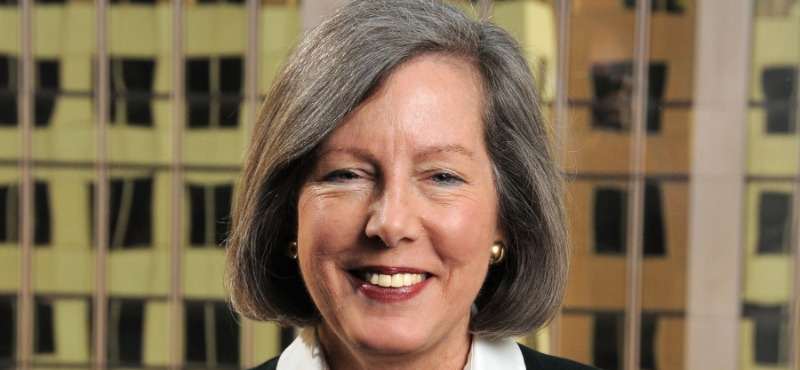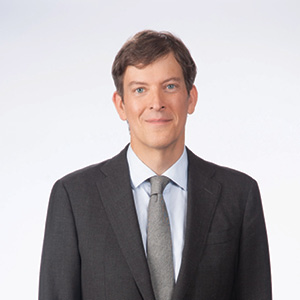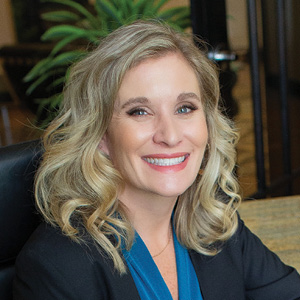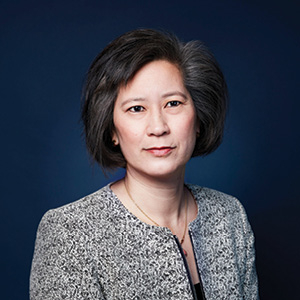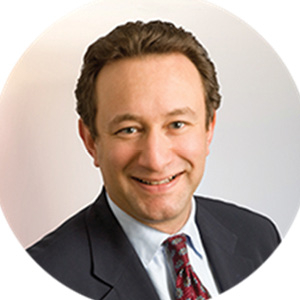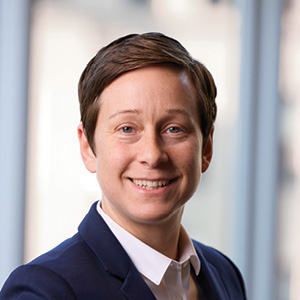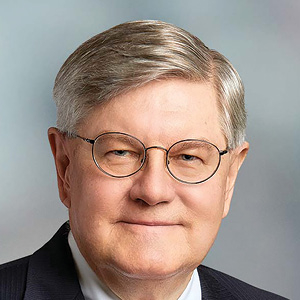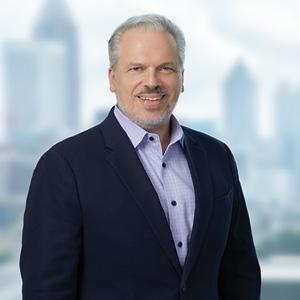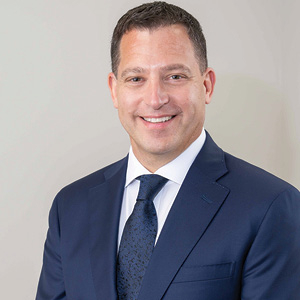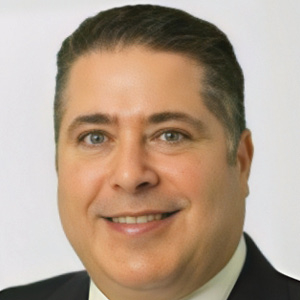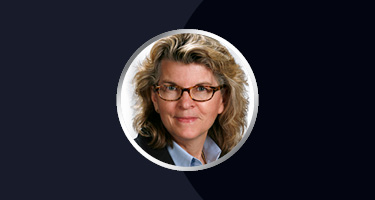Diane Whitney didn’t plan on going into environmental law. “I came into my practice almost accidentally a long time ago—not intending to do this kind of law and not knowing very much about—in a firm that needed more environmental attorneys, and did a very good job of educating me,” she says of how she found her start. But while circumstances brought Whitney to the field, a natural affinity for problem-solving kept her there and helped her thrive.
Now in her fifteenth year at Pullman & Comley, Whitney is chair of the firm’s Land Use section in that department, handling cases and offering counsel on a range of environmental issues: the zoning of a new development, for example, or the handling of mine waste, heavy metals, and lead. Her work has led her to counsel in the defense of Vermont businesses facing a Superfund action; to represent the opposition to industrial development within a special district, and to defend a utility’s management of mercury.
As with any practice area, environmental law has its own set of challenges and troubles, which an attorney must learn to navigate. For Whitney, some of these struggles are the nature of the job—working with regulations and agencies—and others are particular to Connecticut. “In Connecticut, the slow economy is still a problem,” she says. “And there’s still a leftover understandable fear of municipalities and private developers that have to deal with contaminated properties.”
But such problems are not without their solutions. And when a previously contaminated area can be restored to use through her work, Whitney says: “I find that exceedingly rewarding.”
Whitney also finds herself involved in legal matters far removed from the environment, or land use, or Connecticut. “Lately, I have had an interesting side life doing Hague Convention cases, like in Belgium, for international kidnapping,” she says, when asked about interests outside of her work. “It’s very different.”
Whitney’s involvement with Greater Hartford Legal Aid, where she was previously chairwoman, was what led her to these different cases. She cites “a very steep learning curve” coming into her Hague Convention work. But just as she found her footing with environmental law years ago, she has quickly reached success in this new, and unexpected, venture: “You can imagine, this was incredibly satisfying when this family was facing being sent back to Italy, and their situation was considered dangerous, and it was very rewarding to succeed in one of those cases. In fact, that family will be legible for citizenship this summer.”
Whitney has a diverse professional background, bringing her from zoning boards to kidnappings to a position on the board at the Hartford Symphony Orchestra. But for anyone looking to find their place, she suggests “knowledge and patience—and probably a good sense of humor—would be important.”
